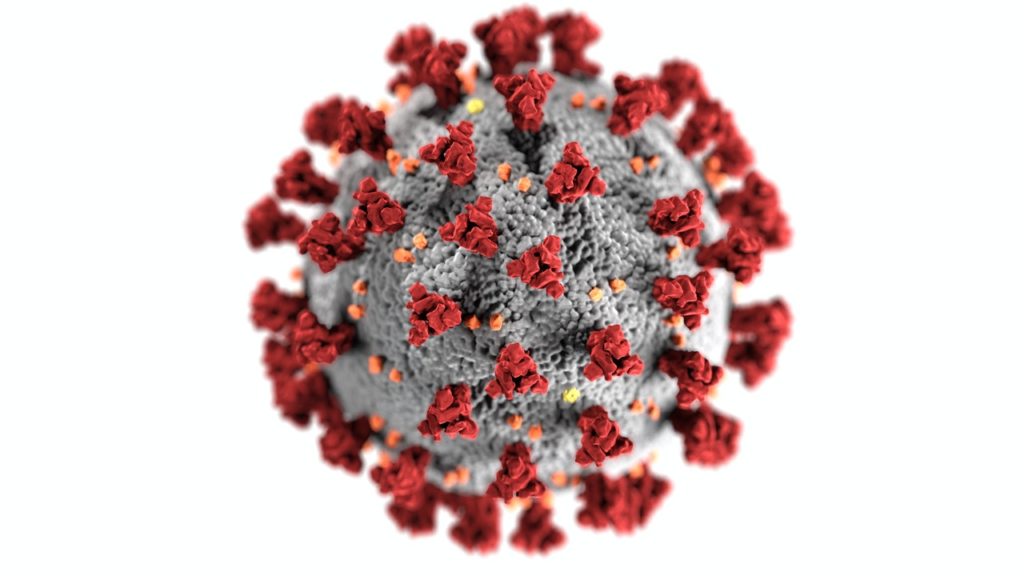Recent study shows: the MIND diet protects against cognitive decline, even independently of the pathological changes in the Alzheimer’s brain
An intriguing question for Alzheimer’s researchers is the fact that some patients manage to maintain good cognitive function despite severe brain lesions (anatomical anomaly in parts of the brain). Thus, there seems to be no correlation between the deposition of amyloid plaques and cognitive changes such as memory loss, planning difficulties, behavioral disturbances, and others.
Science has long sought to find ways to reduce and prevent the formation of b-amyloid and Tau protein deposits, believed to be the cause of the symptoms of Alzheimer’s disease. But all pharmacological interventions that focus on brain pathology have failed to reduce or slow symptoms, despite some evidence of clearance of amyloid plaque from the brain. A current and unfortunately very sad example of this is the controversial approval of the new Alzheimer’s drug “Aduhelm”, which has caused quite a stir.
Modifiable lifestyle factors, in the other hand, have been shown to act independently of brain pathology. Late-life cognitive activity and physical activity throughout life, for example, have been associated to better cognitive scores independently of brain pathology (1,2). The ability of the brain to keep a good cognitive function despite of brain injures is called cognitive reserve. Some healthy lifestyle measures are able to improve cognitive reserve and, therefore, protect the brain.
Among modifiable lifestyle factors, an unhealthy diet has been associated with cognitive decline and Alzheimer’s disease and positive dietary interventions has been shown to improve this condition.
The MIND diet is a combination of the Mediterranean Diet and the DASH diet (Dietary Approaches to Stop Hypertension). It is an uncomplicated diet, easy to be followed by most patients and has previously shown to slow cognitive decline in old adults and to reduce risk of dementia (3).
A new study published in the Journal of Alzheimer’s Disease (4) has investigate whether these positive effects of MIND diet on cognition occur independently of brain pathology (just as the other lifestyle measures mentioned above). The authors have analyzed data of 569 people, including dietary questionnaire, cognitive tests in the end of life and brain autopsy (searching for Alzheimer’s pathological signs after death).
People whose diet regularly included 10 brain healthy foods (green leafy vegetables, other vegetables, nuts, berries, beans/legumes, whole grains, fish, poultry, olive oil, and wine) and had a very low intake of 5 unhealthy foods (red meat, fried and fast foods, pastry and sweets, butter, and cheese) got higher MIND diet scores.
In this study, in accordance with previous studies, a higher MIND diet score was associated with better cognition. More relevantly, it was also able to show that this fact occurred independently of Alzheimer’s pathology and even other common age-related brain pathology. This means that individuals who followed the MIND diet had a better cognition even if their brains showed many lesions and β-amyloid plaques.
This finding suggests that adherence to the MIND diet may protect from some of the cognitive loss associated with brain pathology and possibly contribute to build cognitive reserve in older adults.
The contribution of MIND diet to brain health is probably due to the abundant amount of antioxidant, anti-inflammatory and neuroprotective components. The MIND diet encourages the consumption of green leafy vegetables and berries, which are rich in vitamin E, beta carotene, folate and flavonoids – micronutrients that protect cells against oxidative stress and improve the function of nerve cells. You can find more information about the MIND diet on Knowledge stops dementia page – click here.
Since there are so far no effective pharmacological measures to alleviate Alzheimer’s disease, or at least to significantly slow down its progression, it is of great scientific interest to find a straightforward way to protect our brain and maintain our cognitive functions into old age. The MIND diet seems to be a very good option for this!
Conclusion:
The MIND diet is an easy-to-follow diet able to improve cognitive function and prevent dementia. Just like other lifestyle measure, such as physical and cognitive activity, the positive effect of MIND diet occurs independently of the presence of Alzheimer’s pathological lesions (B-amyloid plaques and Tau tangles). This fact suggests that adherence to MIND diet may improve cognitive reserve, i. e., the ability of the brain to keep its function even in the presence of injuries. Once there is still no effective drug to prevent or to reverse the disease process, the MIND diet seems to be a very good option to keep our brain fit until older ages. Keep that in MIND!
References:
- Wilson RS, Boyle PA, Yu L, Barnes LL, et al. Life-span cognitive activity, neuropathologic burden, and cognitive aging. Neurology. 2013 Jul 23;81(4):314-21.
- Buchman AS, Yu L, Wilson RS, Lim A, et al. Physical activity, common brain pathologies, and cognition in community-dwelling older adults. Neurology. 2019 Feb 19;92(8):e811-e822.
- Morris MC, Tangney CC, Wang Y, et al. MIND diet slows cognitive decline with aging. Alzheimers Dement. 2015 Sep;11(9):1015-22.
- Dhana K, James BD, Agarwal P, et al. MIND Diet, Common Brain Pathologies, and Cognition in Community-Dwelling Older Adults. J Alzheimers Dis. 2021;83(2):683-692.





